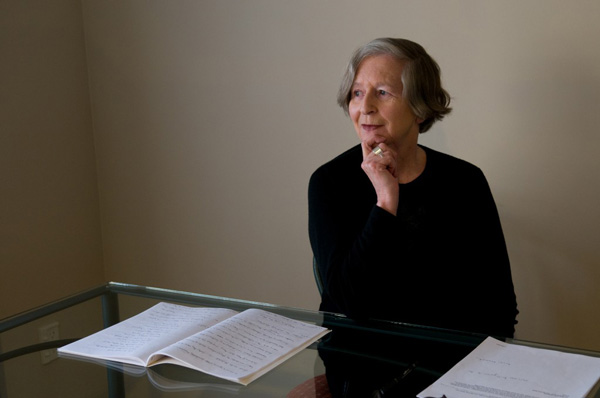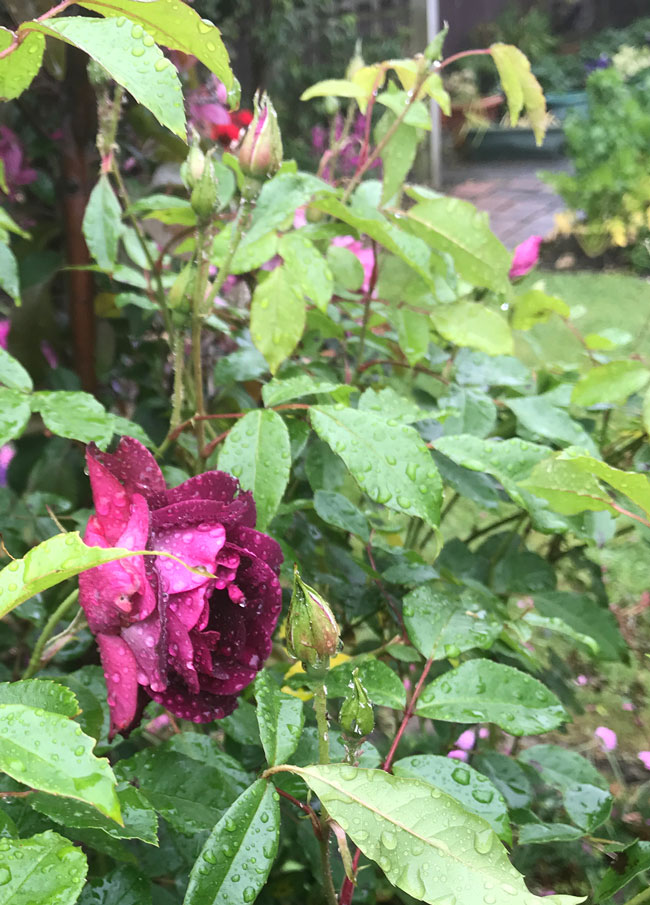I’ve known Elizabeth’s novels and poems for a while now and I love them. Then in 2007 when I did the year-long poetry course at Whitireia Polytechnic (Lynn Davidson the tutor), Elizabeth was my mentor and she was brilliant. It was a great and very enjoyable year and I came to the conclusion that every writer, whatever the genre, certainly every writer of plays, should do that course.
Here’s Elizabeth…
Story — which comes first?
It’s usually a sentence – remembering how important first sentences are. Before that there might be a character or an idea, a vague outline but nothing fixed. I’m a great believer in putting down a word and having another word join it. Imagine a scene: perhaps a seat in a park. Someone comes and sits on the seat. You describe them: their clothing, their movements. Do they have a handbag? Do they eat a sandwich? And when they get up you follow them. You notice everything about them. Are their shoes scuffed? Is there a piece of cotton trailing from a hem? This is the way a story is built up. At their home or flat there will be furniture, an unmade bed, a flatmate or solitude.
Planning — do you plan your entire book before you write a word?
I do the exact opposite — I let the words lead me on and I generally have no idea where they are going. Sometimes, if I have been writing a descriptive passage, it’s time for some dialogue. The fiercer the dialogue is the better: it can move the story in a way a description of wallpaper cannot. Like music there is a need for reflective passages as well as bold ones.
Rituals…
I try to avoid them because they can become rigid and inhibiting. I like to write quite early in the morning when I feel fresh. One of the most mysterious things about writing is that a writing session in the morning will be quite different from one in the afternoon. It is as if an endless stream of words and ideas are passing in front of us and we can seize them at any time. It’s good to say to yourself: I can write anywhere.
On Rejection — some very good advice…
It’s very very important not to be undone by it. There can be many causes: another similar piece may have been accepted; there is a huge backlog of submissions; there is a list of regular contributors with greater reputations than yours. Don’t take it personally. If you are invited to send a future submission don’t do it too soon: no editor wants to be bombarded. Always be polite to editors: they make the decisions. But be dignified too. Keep a submission letter very short: don’t explain the work, let it speak for itself. By all means have a glass of pinot noir.
Success…
My first success came in an envelope. Ian Cross had taken two poems for the Listener. ‘You’ll probably be over the moon,’ he wrote in his covering letter, and I was.
Elizabeth Smither


